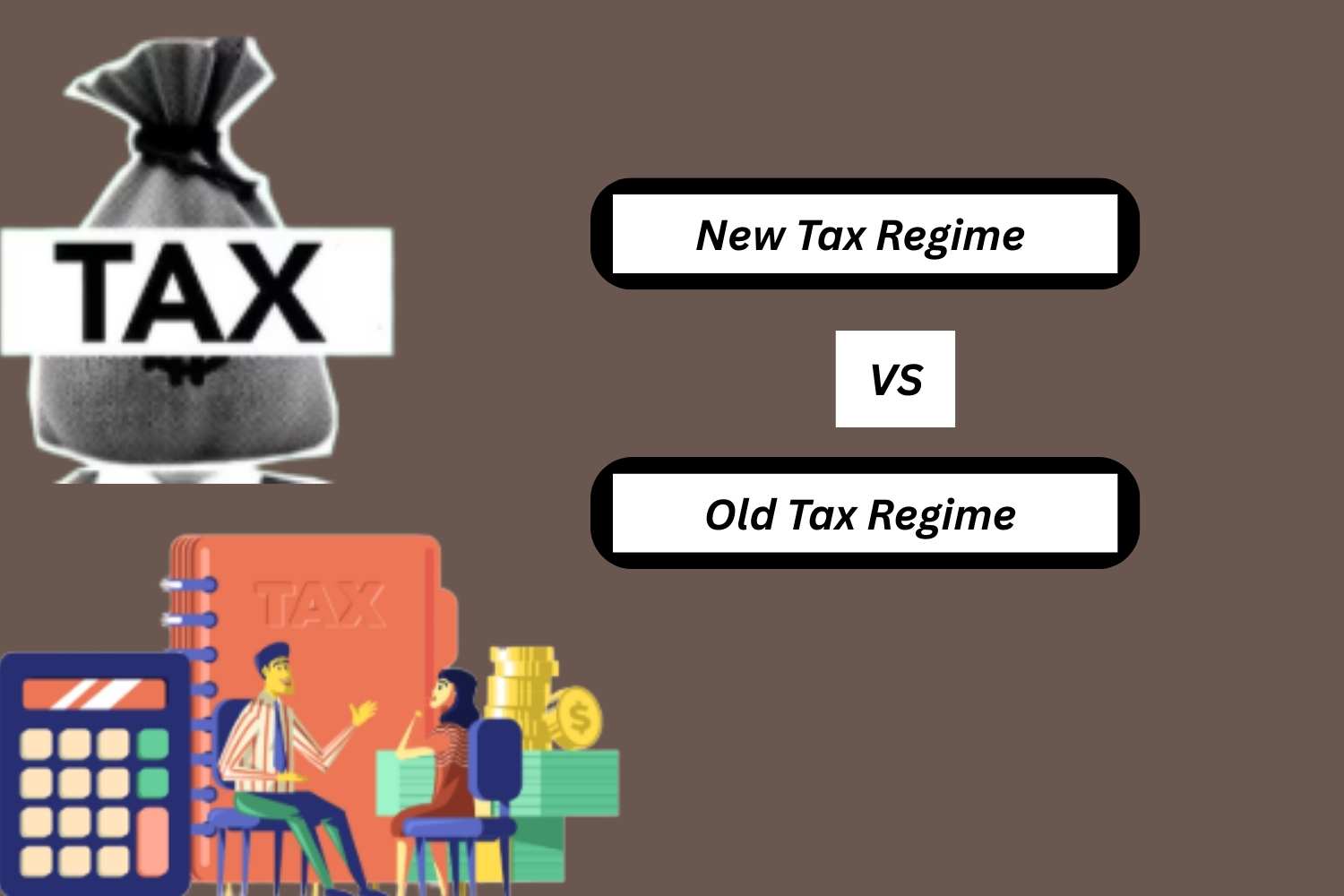What is Tax Regime?
A tax regime is a set of rules determining how individuals and businesses are taxed on income. It includes tax rates, deductions, exemptions, and compliance rules set by the government.
In India, there are two tax regimes:
The old tax regime: The old taxation system in India allows taxpayers to claim various deductions and exemptions to reduce their taxable income.
The new tax regime: The new tax regime is now the default option introduced in FY 2020-21 to simplify tax filing by offering lower tax rates with fewer deductions and exemptions.

The new tax regime offers lower tax rates but allows only a few deductions. Key deductions include the ₹50,000 standard deductions for salaried individuals and pensioners and the employer’s NPS contribution deduction (up to 10% of salary). Out of the 7.28 crore income tax returns (ITRs) filed for the financial year 2024-25, 5.27 crore were under the New Tax Regime, while 2.01 crore were under the Old Tax Regime. This indicates that 72% of taxpayers have opted for the new system.
New Tax Regime Deductions
The Indian Income Tax Act 2025 has introduced some new changes, including specific deductions under the new tax regime. While the old tax regime allowed multiple exemptions and deductions, the new tax regime was initially designed to offer lower tax rates without deductions. However, recent updates have introduced three key deductions to provide some relief to taxpayers.
1. Standard Deduction (₹50,000)
The standard deduction of ₹50,000, previously available only in the old tax regime, is now also applicable under the new tax regime. This deduction applies to salaried employees and pensioners, reducing their taxable income and providing direct tax savings.
2. Employer’s Contribution to NPS (Up to 10% of Salary)
Employees receiving contributions from their employer towards the National Pension System (NPS) can claim a deduction of up to 10% of their salary (basic + DA). For self-employed individuals, the limit is 20% of their gross total income. This deduction helps taxpayers save for retirement while reducing their tax liability.
3 Gratuity and Other Retirement Benefits
Gratuity received at the time of retirement remains tax-free under the new tax regime, as per Section 10(10) of the Income Tax Act. For government employees, the entire gratuity amount is exempt from tax, and for non-government employees up to ₹20 lakh is tax-free.
Why You Should Check These Updates Before Filing Your Taxes?
These deductions can lower your taxable income, resulting in lower tax payments.
Salaried employees, pensioners, and NPS contributors can benefit significantly from these deductions.
Choosing between the old and new tax regime should be based on careful calculations, as deductions and exemptions vary.
Conclusion
With the new tax regime becoming the default option, these deductions offer some relief to taxpayers. Before filing your taxes, check which regime works best for you and take advantage of the available deductions to optimize your tax savings.
FAQs
FAQ
What is the new tax regime?
Is the new tax regime mandatory?
Which Tax Regime is Best: Old or New?
More Stories from
How did India respond to Donald Trump's 25% tariff penalty on India?
Trade tensions between the United States and India have sharply increased as a result of this recent development. Know how India responds to Donald Trump's 25% tariff penalty on India.
Geoffrey Hinton's AI Warning: The Most Dangerous Invention Ever
AI is both beneficial and dangerous, depending on how it is developed, deployed, and regulated.
Unbelievable Facts about World History that will surprise you
Human history and the natural world are filled with mysteries, marvels, and strange truths that challenge our understanding. In this article, we will explore some unbelievable facts about world history.
Why skill-based hiring is gaining importance over degrees?
Skill-based hiring vs Degree, which matters first? what you can do” matters more than “what degree you hold.”
The Hidden Secret of the Great Pyramid’s exposed
With the development of scientific instruments and technology, each day, discoveries about the world are surprising us






